
The more local and personal peace there is, the more peace there will be in the world.
photo by Colleen Prieto
___


—Pam Sorooshian
(whose daughters are now 20 to 26 years old)




Get witnesses.That's one reason people join support groups and confess to their friends what they're doing, because you've told somebody what your intention is.
You've told them what your problem is and what your intention is and now you have witnesses and for some people that helps. Sometimes it needs to be an imaginary witness, sometimes it needs to be a real witness. But maybe, if it will help you, imagine that the friend that you most want to impress is there and would you do it if they were there.

Meredith Novak wrote:
Ultimately, what helps most to do first was not set myself up to yell—and that meant going back a few more minutes and noticing how things went wrong in the first place and changing those dynamics. Most of them were about expectations I had—kids should or shouldn't do some thing. As I worked through expectations like that, there was less to yell about. So basically I worked the problem from both ends—I found ways for life to flow more smoothly for my family on the one end, and learned to stop and hush and start over on the other. —Meredith Novak |




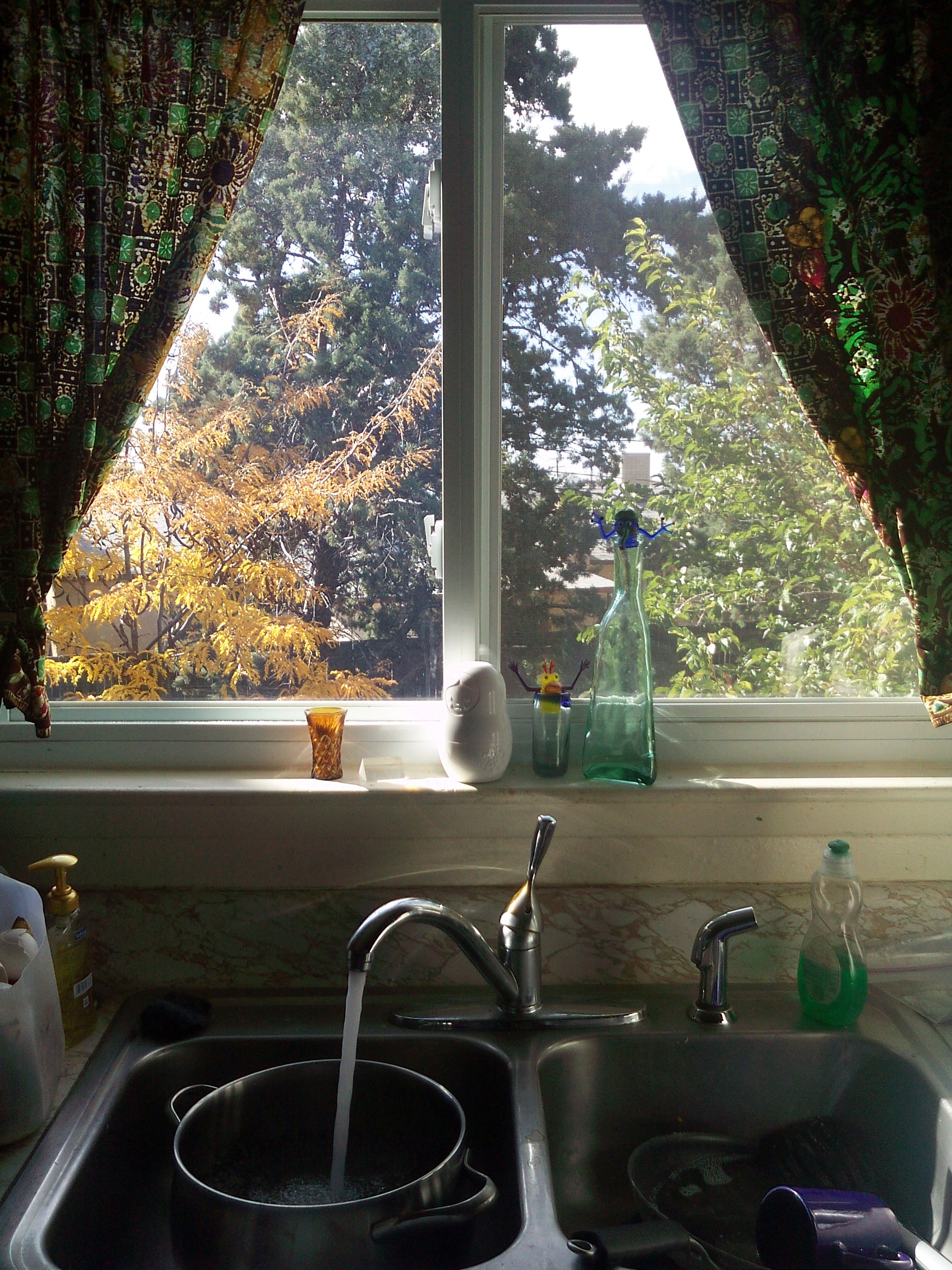
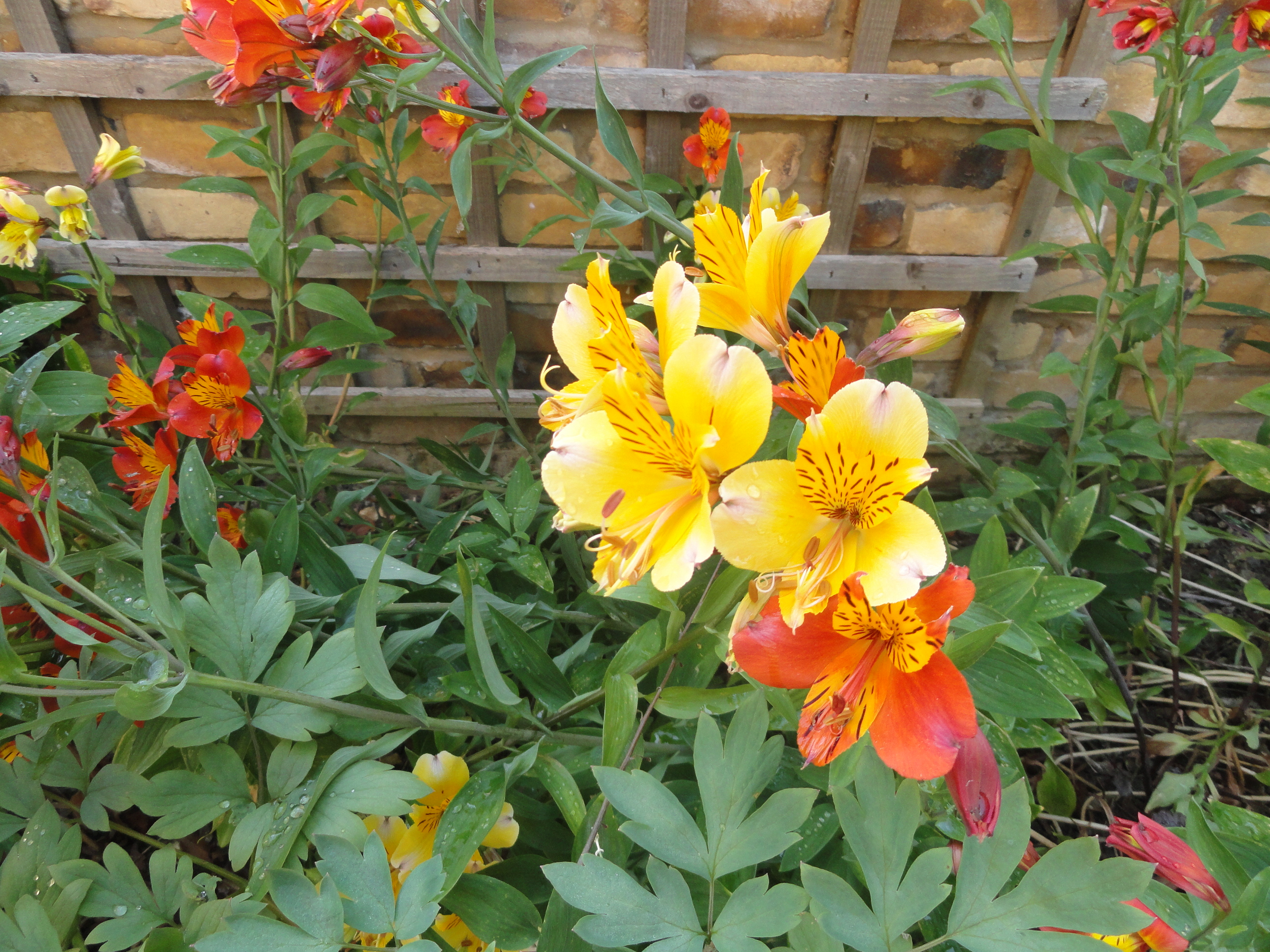
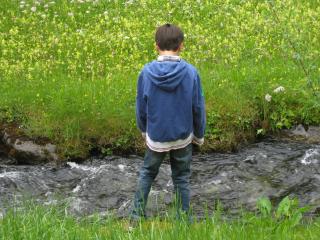

Most days I stop long before the switch goes. The thoughtful process was recognizing the grumpiness earlier in the day. Feeling a shortness that isn't normally there and doing things to respond to that like going for a quick breath outside or having a chocolate milk or a chai latte or something else that just ups my energy budget a bit. Taking five minutes to close my eyes and be still helps, too. Whatever works for you to buffer yourself is good. Come up with lots of little things. With an almost-four-year-old, little things and little moments are what you are most likely going to get.





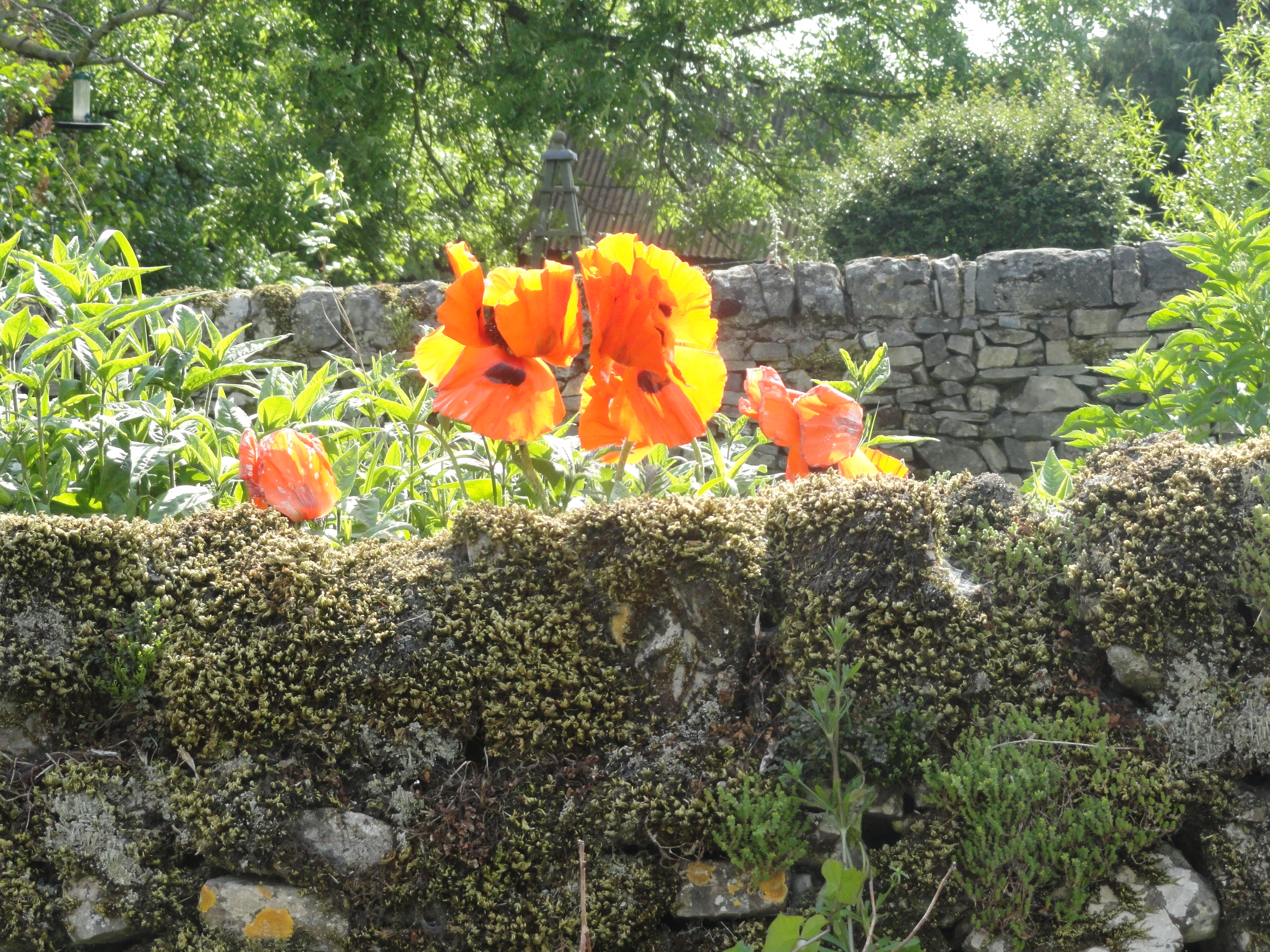

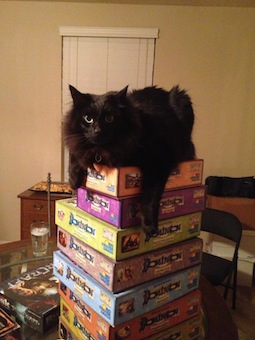
It's really that simple. Slow down and make room for peace amongst all the mess and fun and tasks and STUFF. All of that daily stuff is your practice, so make it peaceful and happy and there ya go!


